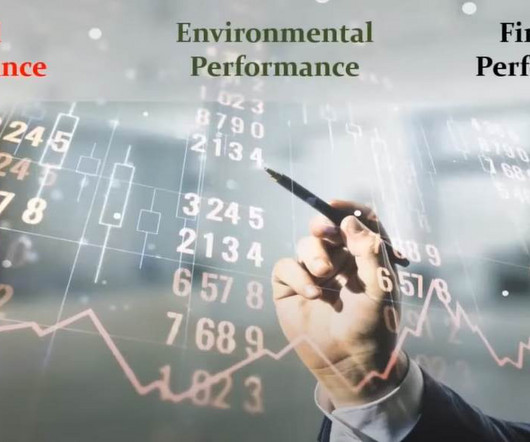Tighter EPA emissions rules for big trucks don’t mandate EVs
Baua Electric
APRIL 5, 2024
The exact share of EVs will vary across the many classes of commercial vehicles, The Associated Press notes, with up to 40% of short-haul “day cab” trucks potentially going electric by the 2032 model year, but only 30% of “heavy-heavy-duty vocational” trucks. But other environmental advocates were more positive.














Let's personalize your content